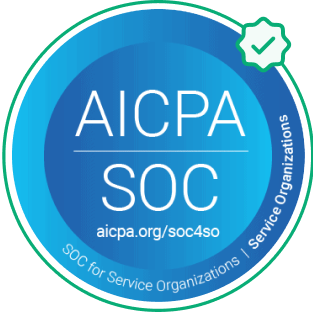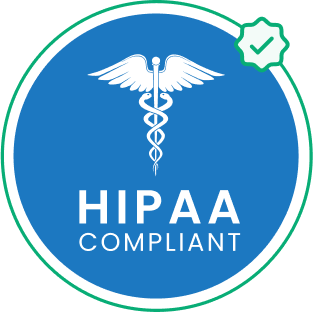What is a Health Savings Account (HSA)?
A health savings account (HSA) is a tax-saving vehicle used by U.S. taxpayers enrolled in high-deductible health plans or HDHPs. Similar to a savings account, the money in an HSA is owned and controlled by the employee, and allows both employees and their employers to deposit money that an employee can use for medical emergencies their health insurance does not cover.The money in an HSA earns interest over time. It offers tax benefits for employees by reducing their taxable income and is limited to a maximum amount each year.Not to be confused with:
health insurance
Health insurance is a coverage that pays for medical and surgical requirements, prescription drugs, and sometimes dental expenses of the insured person.
medical reimbursement
Medical reimbursement is an arrangement under which employers reimburse a part of the health expenses incurred by an employee.
Not to be confused with:
How does HSA help save an employer's money?
Tax benefitsEmployers that allow employees to make pretax contributions to their HSAs, lower their own payroll tax liability. The payroll tax benefits can be lowered further in cases where an employers contribute to an employee's HSAs. Hence, an HSA can lead to major tax benefits for an employer as well as an employee.Low monthly premiumsIn order for employees to sign up for an HSA, they must be enrolled in an HDHP. Since HDHPs work on lower premiums, employers do not have to spend a lot on premiums.Employee retentionEmployees appreciate and stick with employers that care for them. HSA directly benefits employees and is a deposit that they can use for any medical emergency. An HSA might just be the easiest way to convince your employees that you care about securing their future.










